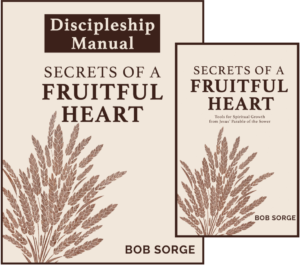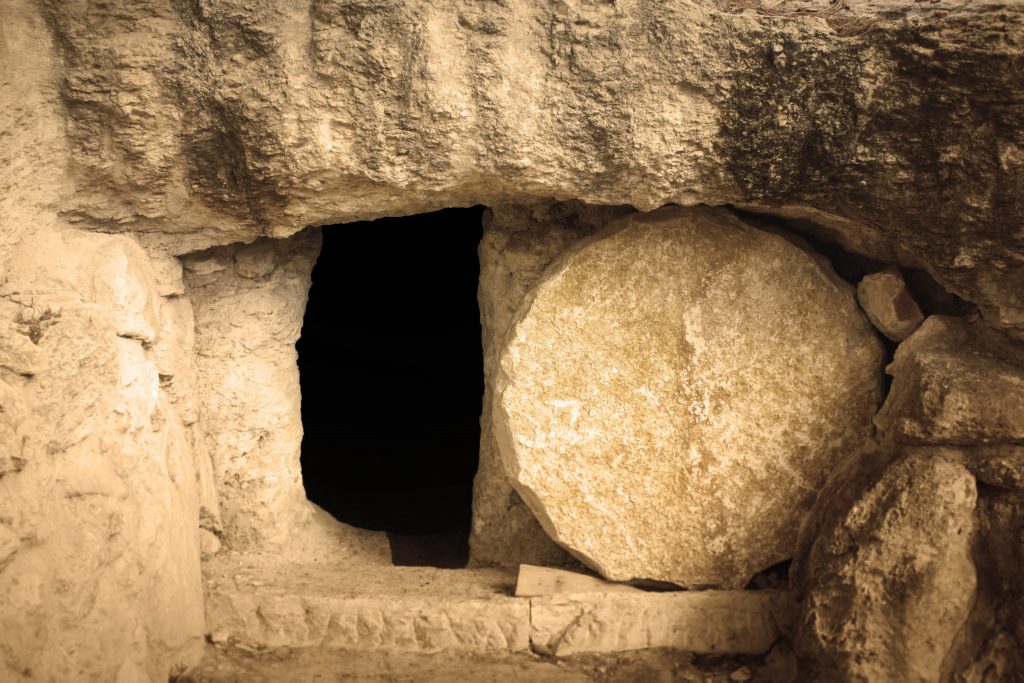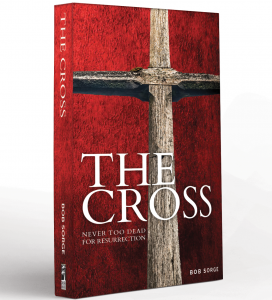 The parable of the sower is Jesus’ most commanding parable. It towers above all the parables because it reveals, in a visually graphic way, how to be a disciple of Jesus.
The parable of the sower is Jesus’ most commanding parable. It towers above all the parables because it reveals, in a visually graphic way, how to be a disciple of Jesus.
Three images in the parable are striking. First, you see a footpath beside a farmer’s field that’s trampled hard by foot traffic. When the seed of the word falls on the trampled path, the seed bounces on the surface and is devoured by birds. This image represents trampled places in our hearts that are unresponsive to the word of God.
Second, you see stones in the soil. Stones hinder roots from going deep and accessing subterranean moisture. When the sun arises, the plant is scorched. The stones represent pockets of sin in our lives. Stones of compromise will invariably keep us from hundredfold fruitfulness.
Third, you see weeds in the farmer’s field. Weeds grow faster and thicker than wheat, and if allowed to remain in the field, they will choke the wheat so that the harvest is diminished or ruined. Jesus said the weeds represent tough cares of life, easy pleasures of life, and money—the engine that drives it all. Weeds are temporary concerns that require much attention and produce no eternal fruit.
Disciples of Jesus are devoted to the three things this parable illustrates. First, they break up all the hard places of their heart that have been trampled through the course of life, so that every seed of God’s word can penetrate their heart and bear fruit.
Second, they dig up and remove every stone of compromise when the Holy Spirit shows it to them, so that their roots penetrate deeply into the word of Christ and enable them to bear much fruit.
Third, they cut back every weed that tries to choke and distract them from the things of the kingdom that are truly fruitful.
In summary, therefore, we break up our fallow ground, remove all stones of sin, and cut back the competing cares and pleasures that want to choke our hearts like weeds. With these three simple but profound ways, Jesus gave us kingdom secrets for hundredfold fruitfulness.
Explore these three secrets in my 2024 title, Secrets of a Fruitful Heart. It’s an essential message for now. Do discipleship Jesus’ way. Check out the Book and accompanying Discipleship Manual here.








